Leaked U.S. Documents Expose Israel’s Secret Preparations Against Iran
In a revelation that has sent shockwaves through the geopolitical landscape, highly classified U.S. intelligence documents detailing Israel’s military preparations for a potential strike on Iran have been leaked. First reported by Axios and corroborated by CNN‘s Natasha Bertrand, these documents offer an unprecedented glimpse into the delicate and volatile relationship between two of the Middle East’s most formidable powers.
The Nature of the Leak
The documents, which appeared on the pro-Iranian social media platform Telegram, are marked as top secret, indicating their sensitive nature. They reveal that the U.S. has been closely monitoring Israel’s movements and preparations for a retaliatory strike against Iran following a significant missile barrage by Iran on October 1st. These documents are intended to be viewed only by the U.S. and its closest allies, such as the Five Eyes intelligence partnership, which includes the UK, Canada, Australia, and New Zealand.
Natasha Bertrand reports:
“We have managed to confirm that these two documents appear to be authentic. They are highly classified and suggest that the U.S. has been spying on Israel’s plans to retaliate against Iran.”
What the Documents Reveal
- Geospatial Intelligence: One document sourced from the National Geospatial Intelligence Agency discusses Israel’s strategic movement of certain munitions in preparation for a possible strike on Iran.
- Air Force Preparations: Another document, sourced from the National Security Agency, outlines the Israeli Air Force’s preparations and exercises, including the use of air-to-surface missiles.
The Implications of the Leak
The leak has significant implications for both the U.S. and Israel. It underscores the fragility of their alliance and the complexities of their strategic operations.
Colonel Cedric Leighton, CNN Military Analyst, comments:
“Documents like these, because of their high classification level and sensitive collection methods, should never be released. Their exposure could force the Israelis to alter their plans, change the timing of their operations, or even reconsider their targets.”

Possible Consequences
- Strategic Adjustments: Israel may need to change its operational plans, which could delay or complicate its intended strike on Iran.
- Diplomatic Strain: The leak could strain U.S.-Israel relations, especially if Israel perceives the U.S. as failing to safeguard sensitive information.
- Increased Risk to U.S. Assets: With approximately 40,000 U.S. troops stationed in the Middle East, any escalation could put American lives at risk.
Iran’s Reaction
Iran has responded with predictable ire, promising severe retaliation if Israel proceeds with its plans. Iranian Revolutionary Guard Brigadier General Ibrahim Rostami hinted at the existence of a devastating secret weapon, further heightening tensions.
Brigadier General Rostami warns:
“Iran possesses a weapon more destructive than nuclear bombs. Any strike on Iran will be met with overwhelming force.”
The Broader Context
This revelation comes amid a backdrop of heightened regional tensions and a delicate balance of power in the Middle East. Israel, believed to possess an estimated 90 nuclear bombs, has never publicly acknowledged its nuclear arsenal. A strike on its Dimona nuclear facility could have catastrophic consequences.
The Role of the U.S.
The U.S. has a vested interest in maintaining stability in the region. American intelligence agencies are now investigating the leak’s origins, concerned about the potential presence of an insider threat. This leak raises critical questions about the security of U.S. intelligence and the reliability of its information-gathering methods.
Colonel Cedric Leighton adds:
“This could be an indicator that the Iranians have someone working for them within U.S. intelligence, which would be a significant breach. Alternatively, it could be someone trying to prevent Israel from acting by revealing their plans.”
Potential Scenarios
As tensions escalate, several scenarios could unfold:
- Preemptive Strike: Israel may launch a preemptive strike on key Iranian military installations to neutralize threats, risking immediate retaliation and broader conflict.
- Measured Response: Following U.S. advice, Israel could opt for targeted strikes on specific military sites to minimize civilian casualties and avoid full-scale war.
- Diplomatic Efforts: Though unlikely, international mediation could de-escalate tensions and prevent military action.
Conclusion
As Israel and Iran edge closer to conflict, the world watches with bated breath. The stakes are high, and the potential for widespread destruction looms large. The recent intelligence leak has added a new layer of complexity to an already volatile situation, highlighting the delicate balance of power and the critical need for strategic maneuvering.
In the coming days, the actions of Israel, Iran, and the U.S. will shape the future of West Asia. Whether through military action or diplomatic efforts, the outcome of this crisis will have far-reaching implications for regional and global stability.
FAQs
1. What caused the current tensions between Israel and Iran?
The tensions escalated following a massive missile barrage by Iran on October 1st, targeting Israeli infrastructure, prompting Israel to prepare for retaliation.
2. What do the leaked documents reveal about Israel’s plans?
The documents detail Israel’s movement of munitions and preparations for air-to-surface missile strikes on Iranian targets.
3. How has the U.S. been involved in this situation?
The U.S. has been monitoring Israel’s plans through intelligence gathering, and the leak of classified documents has raised concerns about security breaches.
4. What is Iran’s potential response to an Israeli strike?
Iran has promised a severe response, including the use of a secret weapon more destructive than nuclear bombs, and potential targets include Israel’s Dimona nuclear facility.
5. How could this conflict affect U.S. troops in the region?
U.S. troops in the Middle East could become targets if perceived as supporting Israeli efforts, increasing the risk to American forces.
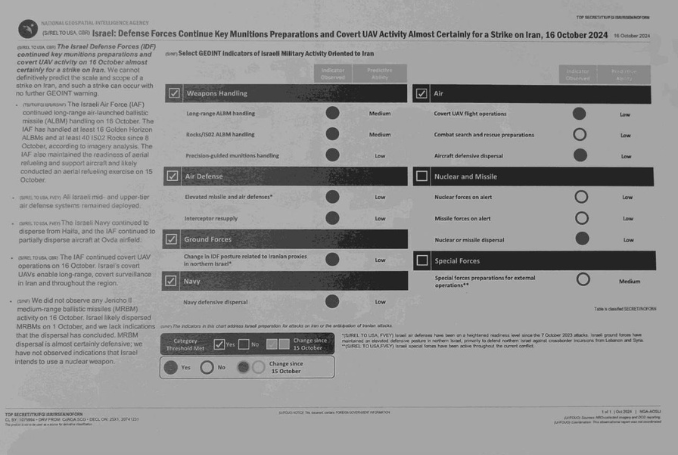
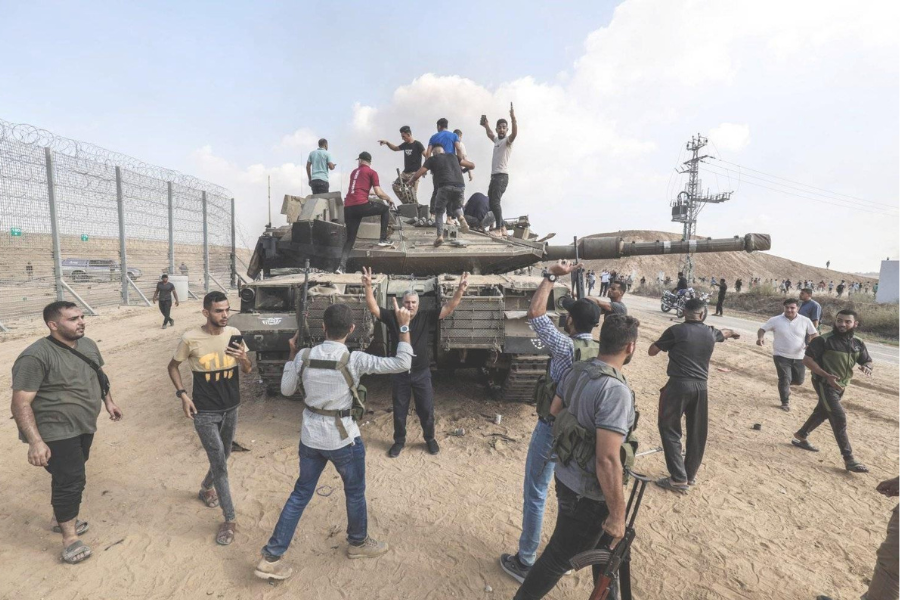


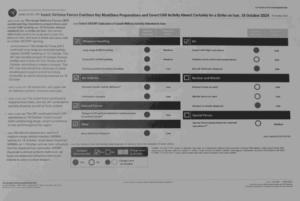



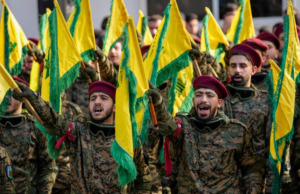

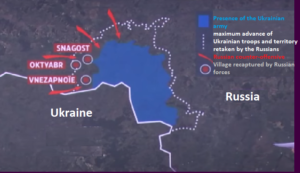



Post Comment